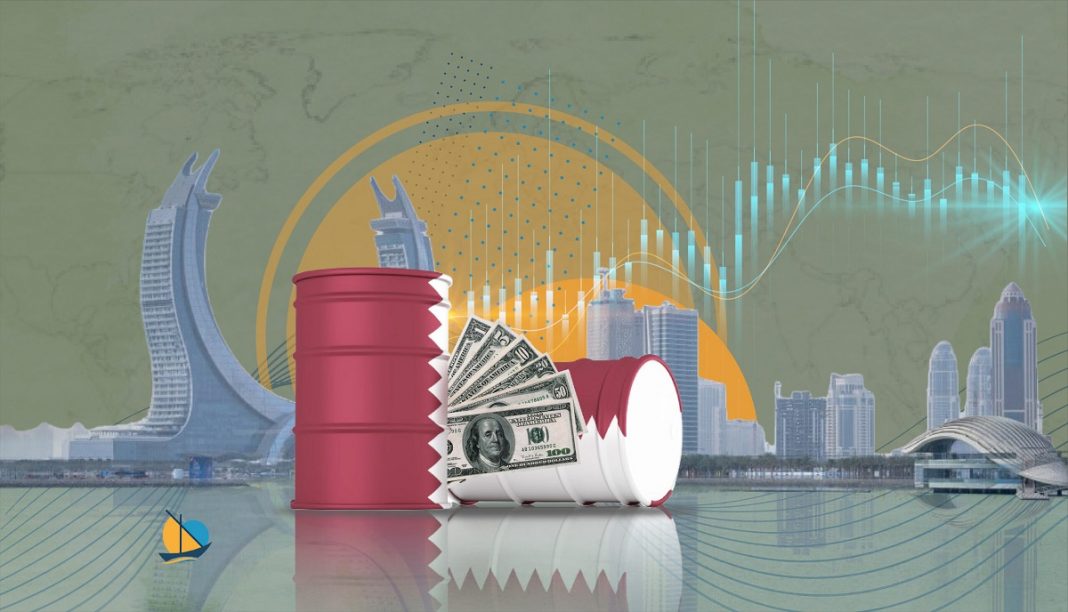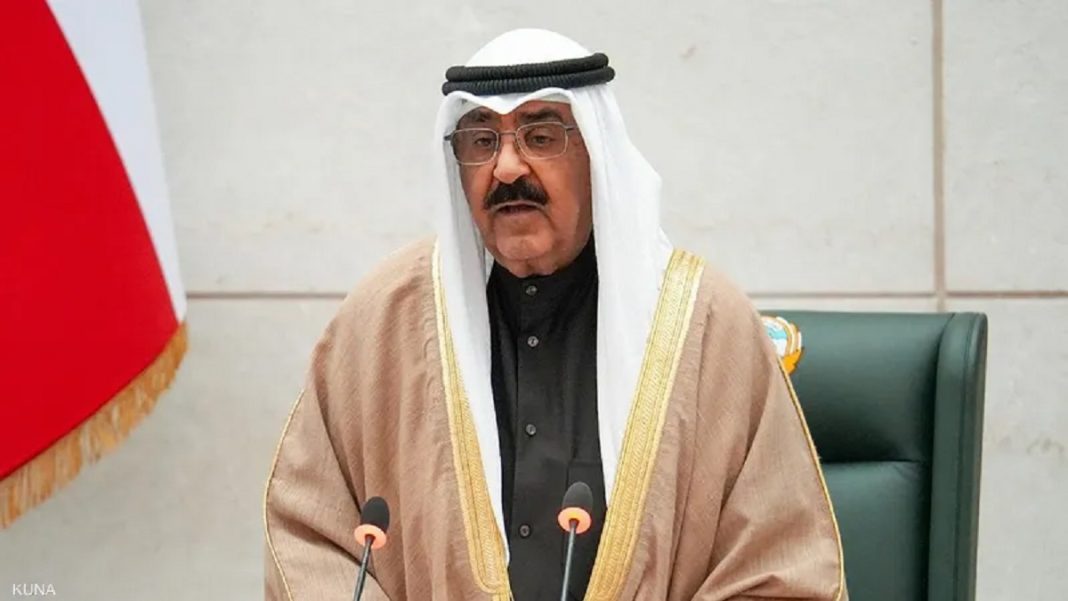Gabriel G. Tabarani
Over the past two decades, Qatar has transformed into one of the Gulf’s most dynamic financial hubs. While the nation’s vast natural gas reserves remain the backbone of its economy, a forward-looking strategy built around diversification, digitalisation, and sustainability is shaping the financial system of the future. By combining robust regulatory oversight, rapid digital adoption, and innovation in Islamic finance, Qatar is positioning itself as both a regional leader and a global player in the evolving financial landscape.
Qatar’s banking sector has long stood as one of the most capitalised and secure in the Gulf. The system weathered challenges ranging from the Covid-19 pandemic to global energy market fluctuations while continuing to post strong credit growth and profits. Institutions such as Qatar National Bank, which ranks among the world’s 50 largest banks by market capitalisation, exemplify the scale and resilience of the sector. At the centre of this stability is the Qatar Central Bank, which has overseen monetary stability and licensing since 1993. Its regulations exceed international standards, requiring higher capital adequacy ratios than those mandated by Basel III. As of 2025, domestic banks were exceptionally well-capitalised, with some reporting capital adequacy ratios well above 20 percent. These buffers not only safeguard against shocks but also sustain investor confidence in times of uncertainty. Sovereign backing further strengthens the sector, with institutions such as the Qatar Investment Authority and pension funds actively supporting banks to ensure liquidity and long-term stability. The integration of foreign banks and the Qatar Financial Centre, with its investor-friendly rules and international reach, adds another dimension to Qatar’s financial footprint.
Alongside conventional banking, Islamic finance has steadily expanded, representing roughly a quarter of domestic bank assets. This segment is gaining new relevance as global finance embraces environmental, social, and governance (ESG) goals. The development of green Sukuk—sharia-compliant bonds tied to sustainable projects—is at the forefront of this transformation. Qatar has taken bold steps in this space. The issuance of its first green bond in 2020, followed by Qatar International Islamic Bank’s $500 million green Sukuk in 2024, marked milestones. The latter was oversubscribed more than eight times, underscoring international appetite for such products. These instruments not only align with sharia principles but also finance renewable energy, clean transportation, and other environmentally sustainable projects.
This shift is reinforced by comprehensive regulatory frameworks. Under the Third Financial Sector Strategy for 2024 to 2030, Qatar is embedding ESG priorities into its capital markets development, emphasising innovative Sukuk and expanding debt capital markets. This agenda aligns with Qatar National Vision 2030, which identifies environmental sustainability as one of its four pillars. With an estimated $75 billion investment pipeline for green initiatives, Qatar is placing sustainable finance at the centre of its economic development model. Fitch Ratings has projected that global ESG Sukuk issuance could surpass $50 billion by the end of 2025, and Qatar is well placed to be a regional leader in this emerging field, merging Islamic finance traditions with international sustainability needs.
Perhaps the most transformative development in Qatar’s financial landscape is the embrace of digital innovation. With internet penetration at 99 percent in 2024, near-universal use of digital banking, and 96 percent of in-store payments made via contactless technology, the country is exceptionally well positioned to lead in financial technology. The Qatar Fintech Hub, launched in 2019, is central to this ambition. Backed by the Qatar Central Bank and the Qatar Financial Centre, the hub has already incubated over 60 start-ups valued at more than $400 million, making it one of the most significant Fintech investors in the MENA region. Innovations span mobile wallets, digital payment platforms, and artificial intelligence applications for credit scoring, fraud detection, and customer service.
Artificial intelligence adoption reflects the broader National AI Strategy launched in 2019, which seeks to integrate ethical AI practices across sectors. In financial services, AI now powers predictive modelling, regulatory reporting, and robotic process automation, streamlining efficiency and reducing costs. A landmark regulatory reform arrived in December 2024, when the central bank introduced a framework for digital-only banks. These institutions, operating exclusively online, are required to be headquartered in Qatar, with boards largely resident in the country. The reform broadens access for small and medium-sized enterprises, often underserved by traditional banks, while also promoting Islamic digital banking products. This bold step has placed Qatar at the cutting edge of digital banking regulation.
The country’s financial transformation is not without challenges. Global interest rate volatility, exposure to real estate, and reliance on foreign funding remain key risks. Yet strong capitalisation, sovereign support, and diversified assets mitigate these vulnerabilities. At the same time, international partnerships, growing demand for ESG instruments, and rapid digitalisation offer new growth pathways. The Third Financial Sector Strategy encapsulates this vision, emphasising resilience, innovation, sustainability, and international integration. Its pillars—covering banking, insurance, capital markets, and digital ecosystems—provide a roadmap for transforming Qatar’s financial system into a global benchmark.
In this framework, Islamic green finance offers an avenue to connect Qatar’s traditions with future sustainability needs, while Fintech positions the country at the forefront of digital transformation in the Gulf. Together, these developments ensure that the financial sector is not just a source of resilience but also a driver of long-term national diversification under Qatar National Vision 2030.
From its natural gas wealth to its well-capitalised banks, Qatar already commands global recognition. But the real story lies in how the nation is preparing for tomorrow: innovating in Islamic green finance, embracing digital banking, and aligning regulation with sustainability and technology. As the world navigates climate change, digital disruption, and economic uncertainty, Qatar is shaping its financial system to not only withstand shocks but also lead by example. In doing so, the country is constructing a model for how resource-rich nations can leverage wealth, regulation, and innovation to build a sustainable and diversified economic future.
This article was originally published in Arabic on the Asswak Al-Arab website


